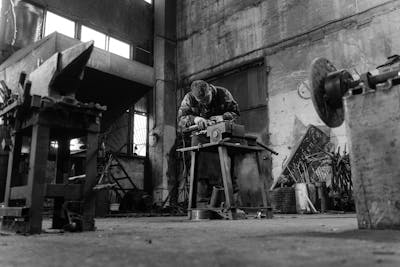+86 15013227914
support@fumeclear.com
Currency
5 Myths About Laser Fume Extractor
Myth 1: A Large Workspace Doesn't Require a Fume Extractor

Why People Believe It?
The Truth
Myth 2: All Filters Are the Same
Why People Believe It?
The Truth
Ready to Get Your Own Laser Fume Extractors?
Title
With Fumeclear's advanced purification technology, your physical health is well safeguarded!
Myth 3: Venting Fumes Outside Solves the Problem

Why People Believe It?
The Truth
Myth 4: Fume Extractors Are Only Necessary for High-Powered Lasers
Why People Believe It?
The Truth
Myth 5: DIY Solutions Are Just as Effective
Why People Believe It?
The Truth
Conclusion
- Choosing a selection results in a full page refresh.


























